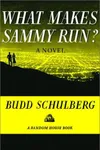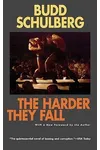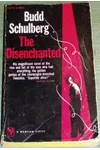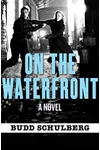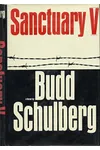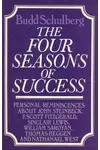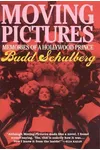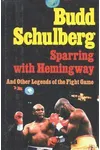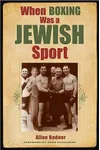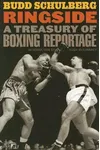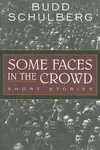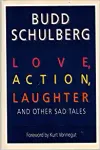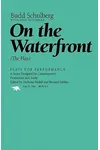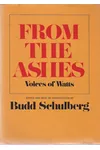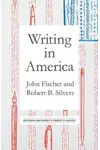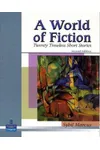Picture a storyteller who spun tales of ambition and morality in the glitzy, gritty world of Hollywood—meet Budd Schulberg! Born into Tinseltown royalty, this American novelist and screenwriter crafted stories that cut to the heart of the American dream, exposing its shine and shadows with wit and heart. From his biting novel What Makes Sammy Run? to his Oscar-winning screenplay for On the Waterfront, Schulberg’s work remains a timeless mirror to human nature.
The Making of Budd Schulberg
Budd Schulberg was born on March 27, 1914, in New York City, but Hollywood shaped his soul. The son of B.P. Schulberg, a Paramount Studios mogul, and Adeline Jaffe, a literary agent, Budd grew up amid movie stars and studio lots, a prince in a celluloid kingdom. His childhood was a mix of privilege and pressure, marked by his father’s fall from power and his own struggles with stuttering. After graduating from Dartmouth College in 1936, where he honed his craft at the humor magazine Jack-O-Lantern, Schulberg dove into screenwriting, armed with an insider’s view of Hollywood’s underbelly.
Budd Schulberg’s Unforgettable Stories
Schulberg’s stories are raw, vivid portraits of ambition, corruption, and redemption. His debut novel, What Makes Sammy Run? (1941), follows Sammy Glick, a ruthless hustler clawing his way to Hollywood stardom. The book’s sharp critique of the movie industry made Schulberg both famous and infamous, with studio bosses fuming at its audacity. The Harder They Fall (1947) exposed the seedy world of boxing, inspired by real-life fighter Primo Carnera, blending grit with social commentary. His screenplay for On the Waterfront (1954), starring Marlon Brando, won an Academy Award, turning a tale of dockside corruption into a cinematic masterpiece. A Face in the Crowd (1957) tackled the seductive power of fame, presciently warning of media-driven cults of personality. Schulberg’s style—direct, emotionally charged, and socially aware—made his work both entertaining and thought-provoking.
His nonfiction, like Moving Pictures: Memories of a Hollywood Prince (1981), offered a candid look at his youth, while his essays in Sparring with Hemingway (1995) showcased his lifelong love of boxing. Schulberg’s ability to weave real-world issues into compelling narratives set him apart, earning him a unique place in American literature.
Why Budd Schulberg Matters
Schulberg’s impact stretches beyond his stories. His work challenged the status quo, shining a light on labor struggles, racial inequality, and the cost of unchecked ambition. After the 1965 Watts riots, he founded the Watts Writers Workshop, nurturing voices from marginalized communities and proving art could spark change. His Frederick Douglass Creative Arts Center in New York City continued this mission. Schulberg’s fearless honesty—whether exposing Hollywood’s flaws or testifying before the House Un-American Activities Committee—made him a polarizing yet principled figure. His stories, still relevant today, remind us to question power and chase integrity over fame.
- Born: March 27, 1914, New York City
- Died: August 5, 2009, Westhampton Beach, NY
- Key Works: What Makes Sammy Run?, On the Waterfront, The Harder They Fall, A Face in the Crowd
- Awards: Academy Award for Best Screenplay (1954), Amistad Award
Ready to dive into Schulberg’s world? Snag What Makes Sammy Run? and discover his sharp, soulful take on the American dream!
